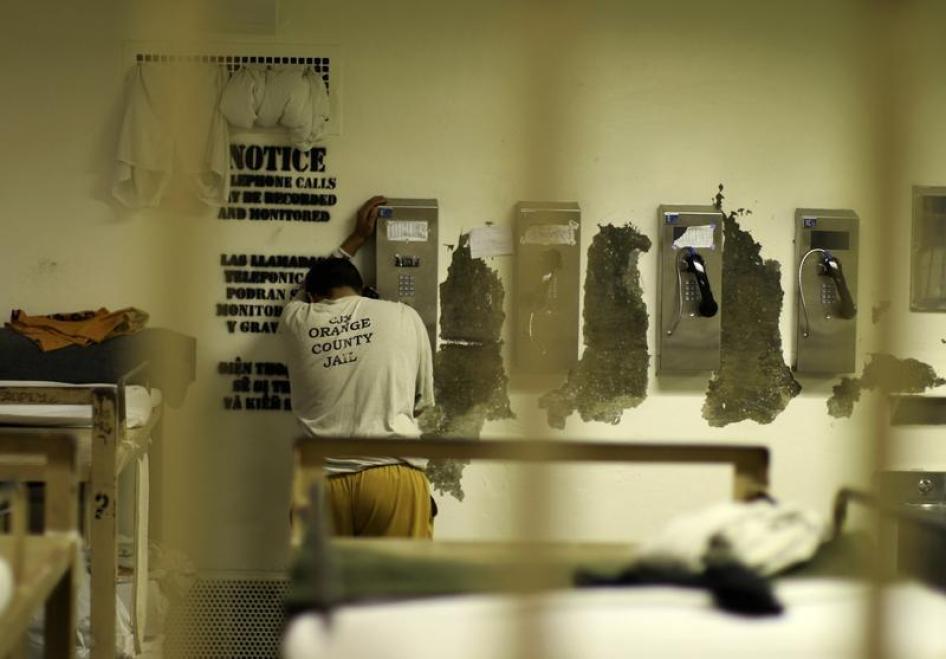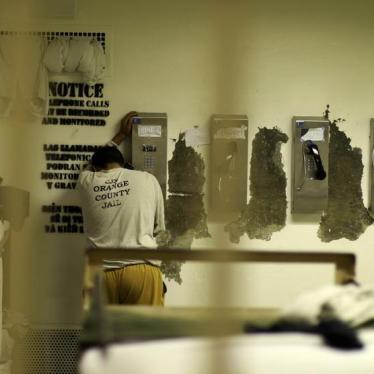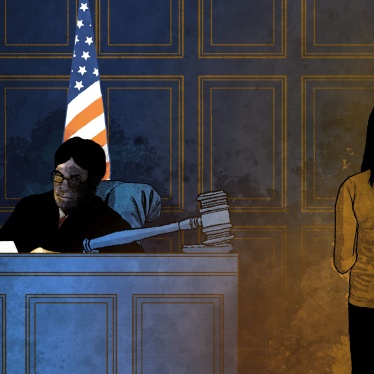Connecticut’s House Judiciary Committee voted this week to advance a bill that would provide free phone, video calls, and email, for the 14,000 people held in state custody. The high cost of these services discourages prisoners from staying in touch with families and friends, and forces families to make painful sacrifices in order to stay in touch with loved ones. The bill, now with the House Appropriations Committee, would also prohibit the Department of Corrections from generating revenue from prison phone contracts. Connecticut would be the first state to make calls from prison free. Last year, New York City enacted a law to ensure free phone calls to all people held in the city’s correctional facilities.
Private for-profit companies engage in predatory practices by imposing excessive rates and fees on prisoners. According to a recent analysis by Prison Policy Initiative, prisoners in Connecticut pay the second highest phone rates for in-state calls in the US at $3.65 per 15-minute call, in addition to hidden fees. In-state calls account for 92% of all calls. Connecticut’s prices are five times higher than neighboring states New York and Rhode Island (65 cents and 71 cents, respectively, for a 15-minute call).
Two of the top three major prison phone providers attempted to merge last year, potentially giving them control of most of the correctional market. In a statement last week, Federal Communications Commission (FCC) Chairman Ajit Pai rejected the merger, saying it “would not be in the public interest.” Criminal justice advocates feared the attempted merger would lead to even higher rates for families.
The surveillance technologies embedded in the programs provided by correctional telecommunications providers raise other human rights concerns. One company’s technology collects location data in an online portal, accessible to law enforcement, of millions of consumers – including but not limited to those who call or receive calls from prisoners. In addition, Connecticut signed a contract for voice-recognition software that stores prisoners’ “voice prints” in a biometric database that law enforcement can access. Such large-scale and intrusive surveillance could disproportionately impact poor communities and communities of color that are overrepresented in the US criminal legal system.
Phone calls provide a gateway to much-needed support during incarceration and foster positive re-entry outcomes. Some studies show that giving prisoners the chance to remain in contact with the outside world by phone lowers chances of recidivism. Connecticut should pass this bill into law, and other state and local governments should follow its lead. They should also ensure to protect phone users’ privacy rights.









